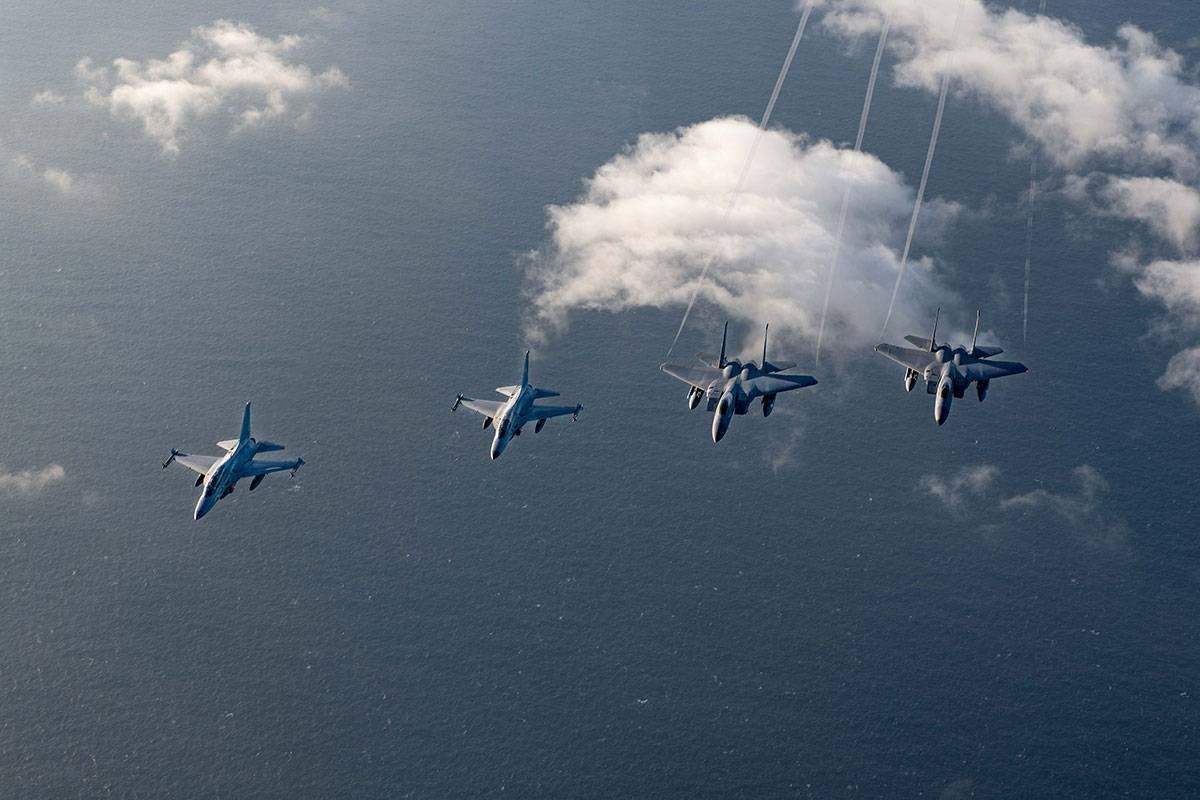The recent developments in the South China Sea (SCS) have raised concerns among the foreign ministers of the Association of Southeast Asian Nations (Asean). These developments have the potential to undermine peace, security, and stability in the region. In a joint statement, the Asean leaders emphasized the need to restore and enhance mutual trust and confidence, exercise self-restraint in conducting activities that could complicate or escalate disputes, and pursue peaceful resolution of conflicts in accordance with international law.
While the joint statement does not specify the exact developments, recent incidents have involved accusations of harassment by the China Coast Guard towards Philippine vessels in the Bajo de Masinloc or Scarborough Shoal, as well as troops in Ayungin Shoal in the West Philippine Sea. China maintains that these maritime features are part of its territory, leading to tensions in the region.
The Asean leaders recognize the importance of maintaining the South China Sea as a sea of peace, stability, cooperation, and prosperity. They reaffirm their unity, solidarity, and shared commitment to maintaining and strengthening stability in the maritime sphere to achieve overall peace, security, stability, and prosperity in the region.
The joint statement highlights the significance of maintaining and promoting peace, safety, security, stability, and freedom of navigation in the maritime sphere of Southeast Asia, particularly in the South China Sea. It emphasizes the commitment to peaceful resolution of disputes, with full respect for legal and diplomatic processes, without resorting to the threat or use of force, in accordance with the universally recognized principles of international law, including the 1982 United Nations Convention on the Law of the Sea (Unclos).
The Asean leaders also emphasize the importance of peaceful dialogue that contributes constructively to the promotion of regional stability and cooperation in the maritime domain. They welcome the recent maritime dialogue between China and the United States in Beijing, as well as the meeting between US President Joe Biden and Chinese President Xi Jinping on the margins of the 2023 APEC Leaders’ Meeting in California, United States. These dialogues are seen as positive steps towards strengthening stability and cooperation in the region’s maritime sphere.
The Asean leaders express hope that such dialogues will continue to further Asean’s efforts in enhancing stability and cooperation in the maritime sphere. They also welcome the efforts made to manage the situations and ensure the maintenance of peace and stability in the South China Sea.
In line with the joint statement, the Asean leaders underscore the importance of the full and effective implementation of the Declaration on the Conduct of Parties in the South China Sea (DoC) and commit to working towards the early conclusion of an effective and substantive Code of Conduct in the South China Sea. This Code of Conduct should be in accordance with international law, including the 1982 Unclos.
The Asean leaders recall the Joint Communique of the 56th Asean Ministerial Meeting, which recognizes the need to maintain and strengthen stability in the maritime sphere of the region. They emphasize the importance of enhancing maritime cooperation and exploring new initiatives to achieve this goal.
In conclusion, the recent developments in the South China Sea have raised concerns among the Asean leaders. They emphasize the importance of restoring mutual trust and confidence, exercising self-restraint, and pursuing peaceful resolution of disputes in accordance with international law. The Asean leaders also welcome dialogues between relevant parties and underscore the significance of implementing the DoC and working towards a Code of Conduct that promotes stability, security, and cooperation in the South China Sea.







